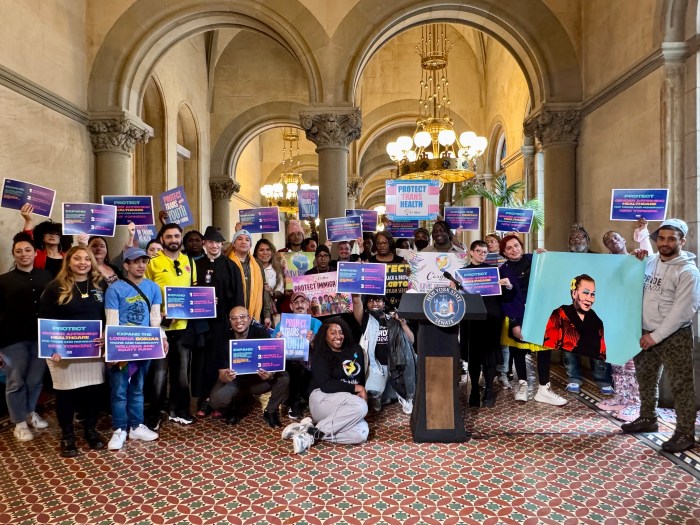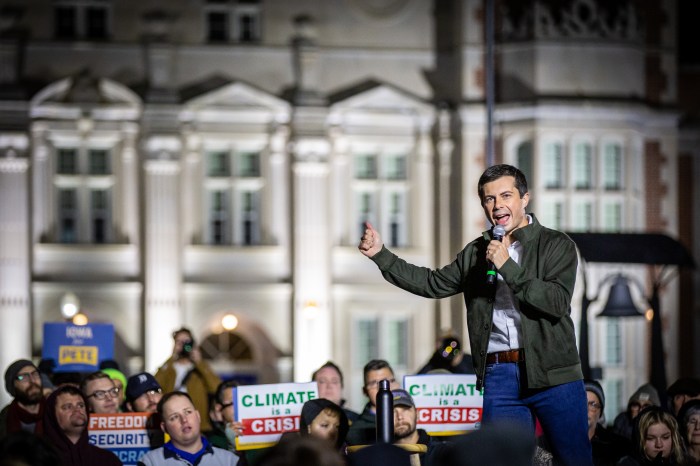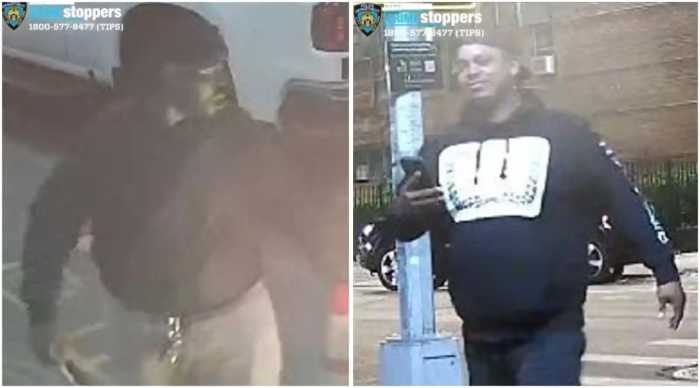BY PAUL SCHINDLER | “We are not a nation that says, ‘Don't Ask, Don't Tell.’ We are a nation that says, ‘Out of many, we are one.’”
Those words, coming toward the end of President Barack Obama’s remarks December 22 at the signing of legislation to end a military policy adopted in 1993 to ban open service by gay men and lesbians, capped his effort this morning to cast repeal in the broad tradition of American pluralism and the growing recognition that civil rights are for everyone.
“Valor and sacrifice,” he said, “are no more limited by sexual orientation than they are by race or by gender or by religion or by creed.”
Before an enthusiastic crowd of hundreds, president says change “two centuries in the making”
The president appeared before an exuberant, at times even raucous crowd of hundreds in the Sidney R. Yates Auditorium at the US Department of Interior in Washington.
As Vice President Joe Biden introduced Obama, the audience, many of them gay and lesbian and a good percentage former members of the military, stood and began a steady chant of “Yes, we can. Yes, we can.”
The president opened with a story about a World War II soldier, Lloyd Corwin, who tumbled 40 feet into any icy ravine during the Battle of the Bulge. Corwin would likely have died there had fellow soldier Andy Lee not risked his own life during the height of the battle to work his way down into the ravine to save Corwin.
Forty years later, the two men met again, and Lee told Corwin something he had never known –– that Lee was gay.
“And he didn’t much care,” Obama said of Corwin’s reaction. “Lloyd knew what mattered. He knew what had kept him alive; what made it possible for him to come home and start a family and live the rest of his life. It was his friend.”
Corwin’s son was in the audience for the signing.
The president looked back into history even further, saying he was certain that there were gay soldiers in the Revolutionary War Army and that for more than 200 years, “at every turn, every crossroads in our past, we know gay Americans fought just as hard, gave just as much to protect this nation and the ideals for which it stands.”
“There will never be a full accounting” of those contributions, Obama said. “Their service has been obscured in history. It’s been lost to prejudices that have waned in our own lifetimes.”
His signing of repeal legislation at the end of 2010, he said, was “two centuries in the making.”
Thanking the former service members in the auditorium, many of whom lost their careers due to Don’t Ask, Don’t Tell, the president added, “None of them should have to sacrifice their integrity as well.”
Obama praised Defense Secretary Robert Gates and Admiral Michael Mullen, the chair of the Joint Chiefs of Staff, for their role in steering military leadership toward support for repeal. Don’t Ask, Don’t Tell was a topic raised in his first meeting as president with Gates, Mullen, and the Joint Chiefs, he said.
The consensus achieved among military leaders, the president argued, vindicated the deliberate pace the administration took toward changing the policy, an approach that included a nine-month special Pentagon study that concluded on November 30 –– and specifically eschewed calls for him to end DADT through executive order.
Less than ten days after General James Amos, the Marine commandant, renewed his criticism of moving forward on repeal at this time –– in particularly hyperbolic terms warning of “distractions” that could land service members in the Bethesda Navy medical center with lost limbs –– Obama assured skeptics of repeal, “I have spoken to every one of the service chiefs and they are all committed to implementing this change swiftly and efficiently. We are not going to be dragging our feet to get this done.”
The president also recognized the congressional leadership on hand for the signing.
“I want to thank the Democrats and Republicans who put conviction ahead of politics to get this done together,” he said. On December 18, eight Republican senators joined 57 Democrats in voting for repeal, while earlier in the week 15 GOP representatives voted with 235 Democrats in the House.
As individual members of Congress were singled out, Susan Collins –– a Maine Republican who became cosponsor of the stand-alone repeal measure immediately after the Senate refused, for the second time, to move forward on debating the annual Pentagon funding bill that included language ending the policy –– was greeted with particular enthusiasm by the audience.
The biggest ovation, however, went to Patrick Murphy, a second-term Democratic representative from Pennsylvania who was dogged in pushing the House to move on repeal this year. Murphy was defeated in his November reelection bid.
On stage with Obama, Biden, and congressional leaders were two veterans who served despite DADT.
Marine Staff Sergeant Eric Alva was the first American service member wounded in Iraq. In March 2003, he stepped on a landmine, breaking his arm and damaging his leg so badly it had to be amputated. He was awarded the Purple Heart and received a medical discharge.
Navy Commander Zoe Dunning came out at a political rally outside of Moffett Field in Sunnyvale, California in 1993 while a Navy Reserves lieutenant. After a two-and-a-half year legal battle, she was allowed to remain in the Reserves, where she was twice promoted and awarded several medals. When she retired in 2007, she was the longest serving openly lesbian or gay member of the US military in history.
At the opening of the signing ceremony, National Guard Colonel Grethe Cammermeyer, a Vietnam veteran discharged in 1992 –– before DADT was implemented –– after she disclosed she was a lesbian, led the audience in the Pledge of Allegiance. Her 1994 book, “Serving in Silence,” later made into a film starring Glenn Close, was one of the first discussions of gays in the military to grab widespread public attention.
Noting that in the future Americans will look back on the DADT debate and ask, “Why was it ever a controversy in the first place?,” Obama said he hoped recently discharged gay and lesbian service members will re-enlist once the necessary planning to formally end the policy is complete.
“As the first generation to serve openly in our Armed Forces, you will stand for all those who came before you, and you will serve as role models to all who come after,” the president said. “And I know that you will fulfill this responsibility with integrity and honor, just as you have every other mission with which you’ve been charged.”


































